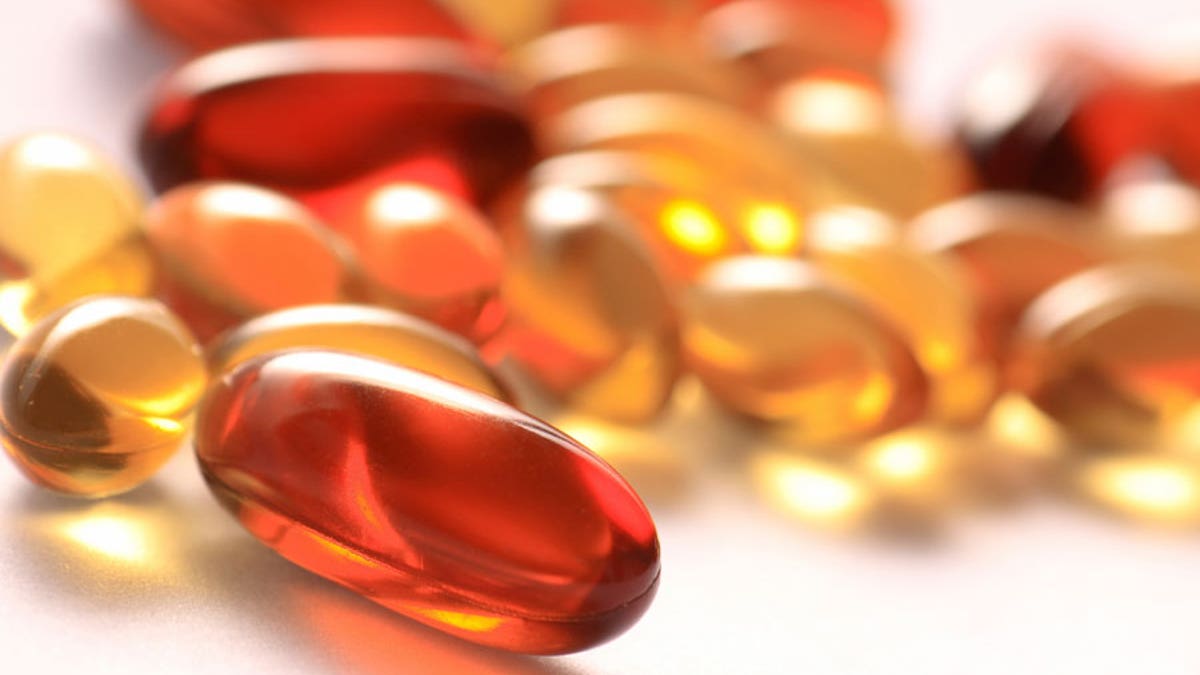
(iStock)
Testosterone is a hormone which helps men maintain bone density, muscle strength and mass, sex drive, sperm production and fat distribution.
It’s primarily produced in the testicles, and to a lesser extent, by the adrenal gland, with regulation controlled by the pituitary gland. A deficiency in testosterone can be attributed to any of these three areas, so the source is often difficult to identify.
Typically, as you age, your testosterone level gradually decreases – to the tune of approximately 1 percent each year after age 30. Fortunately, there are some natural methods for boosting your testosterone levels.
Weightlifting
Resistance training has been shown to stimulate testosterone production, especially when taking 90 second breaks between sets.
Vitamin D
Whether you get your vitamin D from the sun or from supplements, it is positively correlated with increased testosterone levels.
Zinc
A zinc deficiency can negatively impact your levels of testosterone. Studies have shown that zinc supplementation can help increase testosterone levels. Zinc supplements, oysters, beef, pork, crab and fortified cereals offer great sources of this mineral. But be careful to not consume too much zinc, because the results can be toxic.
Nuts and Legumes
These foods contain high levels of D-aspartic acid, which promotes the production of testosterone in humans. Soybeans, lentils, almonds, salmon, shrimp, beef and eggs are all great sources of this compound.
Garlic
Research has shown that garlic has a positive effect on testosterone levels. This ingredient is very easy to incorporate into your diet either by sprinkling garlic powder on your food or by including more garlic cloves when cooking.
Caffeine
Consuming caffeine can increase the concentrations of testosterone, not to mention its' obvious effects on energy. Good sources include coffee, tea and chocolate. Be aware that the more caffeine you consume, the greater effect it will have on your testosterone – so moderation is key.
If you’ve been formally diagnosed with low testosterone through a simple blood test, have a conversation with your doctor about the different treatment options before you choose one.
As always, be sure to speak with your physician before beginning any supplementation or exercise regimen.
Dr. David B. Samadi is the Vice Chairman of the Department of Urology and Chief of Robotics and Minimally Invasive Surgery at the Mount Sinai School of Medicine in New York City. He is a board-certified urologist, specializing in the diagnosis and treatment of urological disease, with a focus on robotic prostate cancer treatments. To learn more please visit his websites RoboticOncology.com and SMART-surgery.com. Find Dr. Samadi on Facebook.
